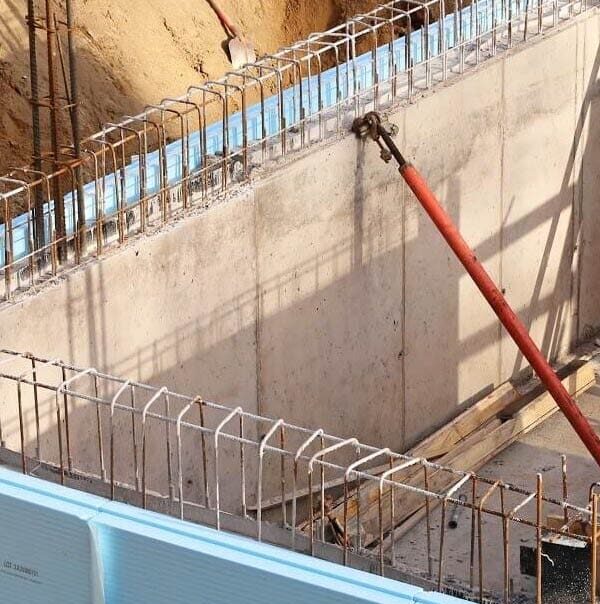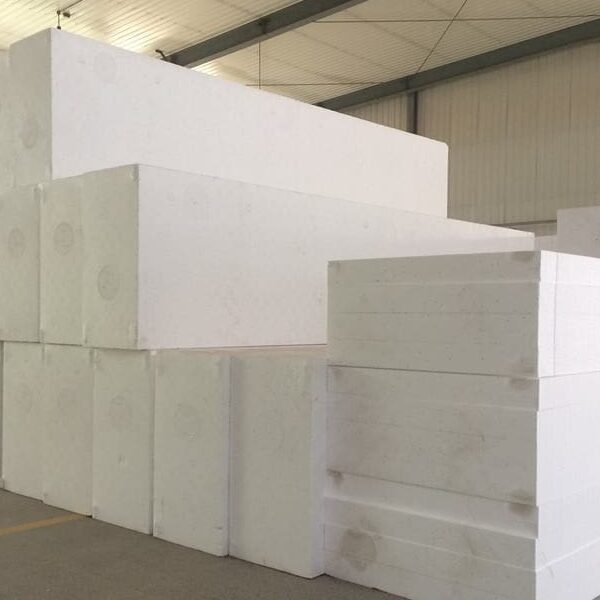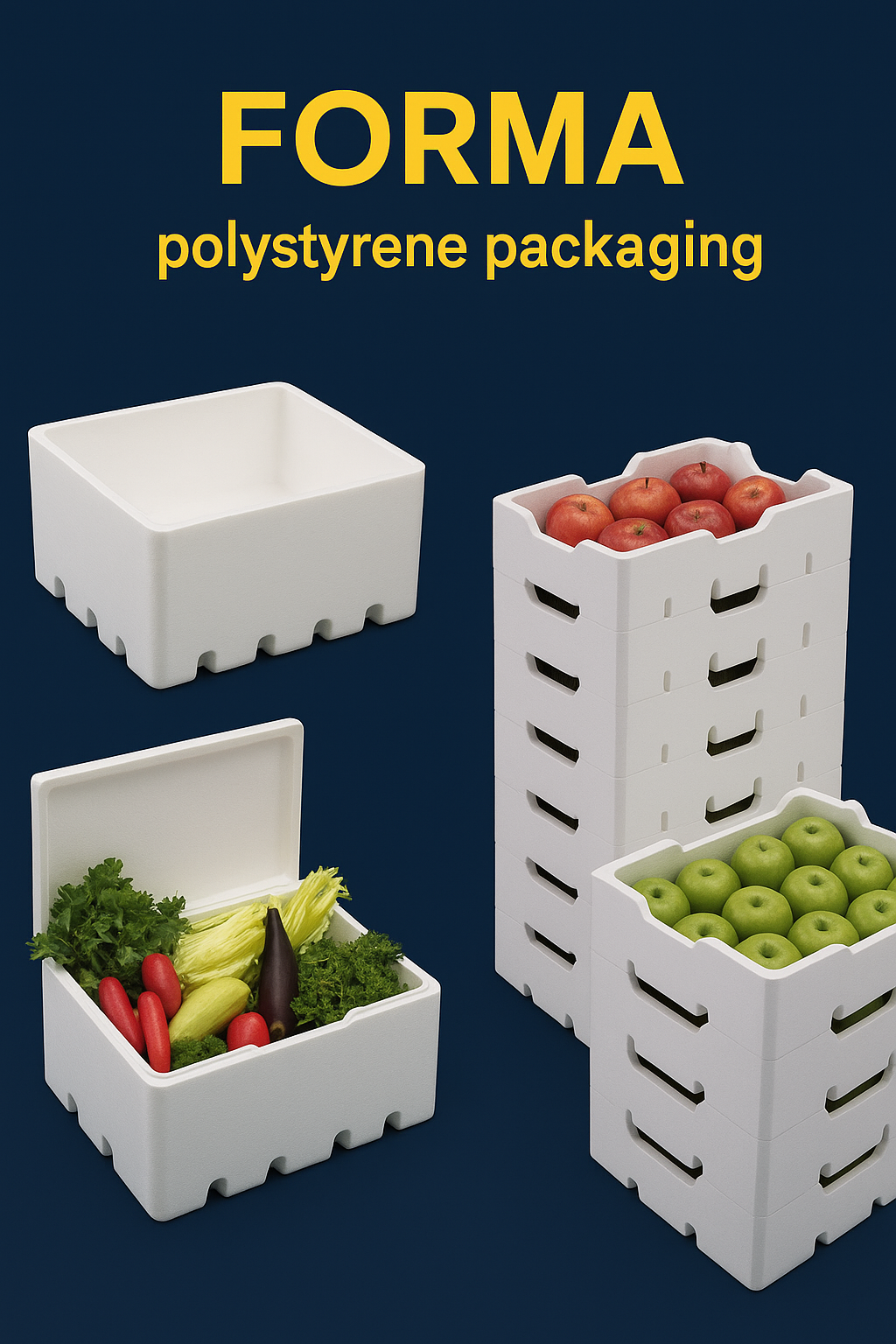Introduction
If you’re wondering, how much does the EIFS system cost in the GCC, you’re not alone. The Exterior Insulation and Finish System (EIFS System) is becoming more popular in the Gulf Cooperation Council (GCC) countries because it saves energy and is built to withstand extreme heat. However, the cost of installing EIFS can vary widely depending on factors like the materials chosen, labor, and the specific needs of the project. This guide will help you understand how much the EIFS system costs in countries like Saudi Arabia, UAE, Qatar, and other parts of the GCC.
Table of Contents
EIFS system installation
The EIFS system installation process requires high precision to ensure long-term performance and maximum wall thermal insulation efficiency. During installation, a combination of insulation boards, adhesive, base coat, mesh reinforcement, and finishing coats are applied in integrated layers to create a fully protected external insulated façade.
The EIFS system helps reduce heat transfer, improves energy efficiency, and supports better building envelope performance, especially in hot GCC climates. Choosing professional installation teams and high-quality insulation materials is essential to achieve the expected performance and durability of the EIFS system.
Cost Breakdown of EIFS in the GCC
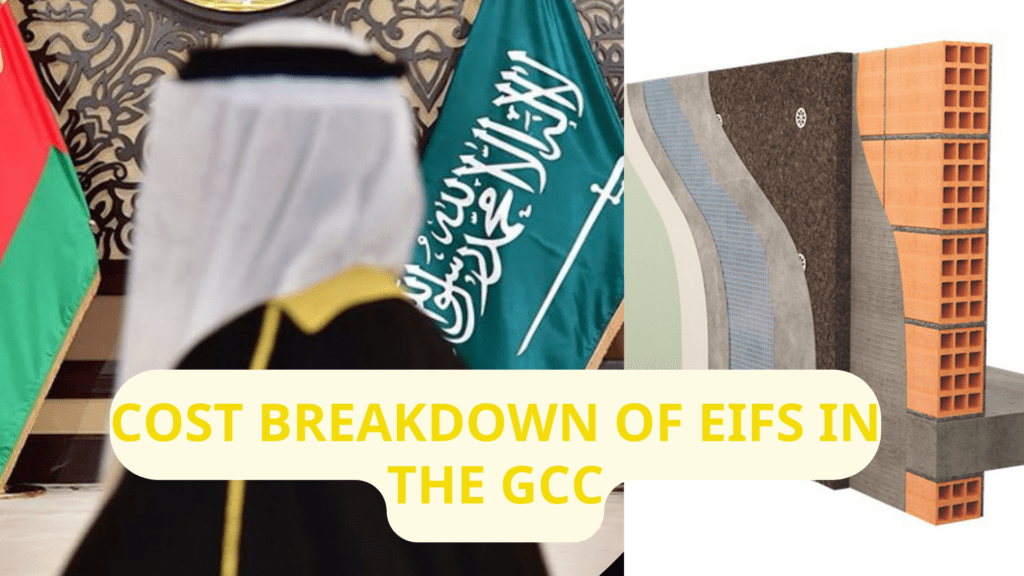
A. Material Costs
EIFS is made of several parts, like insulation boards, base coats, mesh, and the finish coats. Prices for these materials can change based on the brand, quality, and where they are from. For example, insulation external boards are often made from expanded polystyrene (EPS) or extruded polystyrene (XPS). These materials cost differently depending on how strong and water-resistant they are. The finish coats are also important – they can be acrylic or silicone-based, which affects the price.
- Insulation Boards: The cost depends on the type of material. XPS is usually more expensive than EPS because it lasts longer and resists moisture better.
- Base Coats & Finish Coats: Stronger coatings, like those resistant to UV rays and water, will cost more.
- Reinforcing Mesh: The mesh helps make the system stronger, and its price depends on how tough it needs to be.
B. Labor Costs
Labor costs in the GCC can also be different, depending on things like the country, how skilled the workers are, and how hard the project is. Some countries may have higher labor costs because skilled workers are in more demand. The type of work needed, like custom designs or big projects, can also affect the price.
- Labor Rates: These depend on the skill level needed for EIFS installation and the country.
C. Extra Costs
There are a few other things to think about when adding up the cost of EIFS:
- Site Preparation & Scaffolding: If the building is tall, you might need extra scaffolding and safety equipment, which can add to the cost.
- Moisture Barriers: In places with a lot of rain or humidity, you might need extra barriers to keep moisture out, which could cost more.
- Maintenance & Repair: Over time, insulation of exterior walls might need some maintenance, but this is usually cheaper than traditional insulation. However, it’s still something to plan for.

Factors That Affect EIFS Costs in the GCC
A. Project Size and Complexity
Bigger projects may get discounts on materials and labor because of bulk buying. But if the project is more complicated or needs special designs, it can cost more.
B. Local Regulations and Building Codes
Different countries in the GCC have different rules about building materials. For example, they may have special fire safety or energy efficiency rules that could affect the price.
C. Climate Considerations
The hot, humid climate in the GCC means EIFS needs to be made with high-quality materials that can handle the heat and moisture. These materials are often more expensive but help make the system last longer.
Read more:

EIFS vs Other Insulation Systems in the GCC
EIFS is a good choice because it’s energy-efficient and durable, but it’s worth comparing it to other insulation systems. Compared to options like traditional stucco or concrete panels, EIFS can be cheaper while still giving good performance and lasting a long time.
Where to Buy EIFS Materials in the GCC
You can find EIFS materials from both local and international suppliers. Here are some places to buy in the GCC:
- Saudi Arabia: Local suppliers offer many different EIFS components that work well with the local climate.
- UAE & Qatar: Both countries have strong markets for construction materials, and you can find high-quality EIFS systems from both local suppliers and international sellers.
- Kuwait, Oman, Bahrain: Local suppliers can give you EIFS materials that meet local building codes and work well with the area’s weather.
Forma Insulation is a leading supplier of premium EIFS products in the GCC. We provide high-quality EIFS systems that meet local building codes and climate conditions across the region.
While local suppliers also offer EIFS materials, Forma Insulation stands out as a trusted supplier known for our expertise in EPS manufacturing and durable EIFS solutions. Choose Forma Insulation for reliable, energy-efficient insulation systems for your next project.

Final Thoughts
EIFS is a good, energy-efficient option for buildings in the GCC region. While the upfront cost can vary based on things like material choice, project size, and labor rates, the long-term benefits—like saving energy on cooling and having a system that lasts—make it a smart investment. The key is to use quality materials and skilled workers for installation to get the best value.
For more accurate cost estimates or help with your project, it’s best to talk to local suppliers or contractors who can give you a more specific quote based on your needs and location.
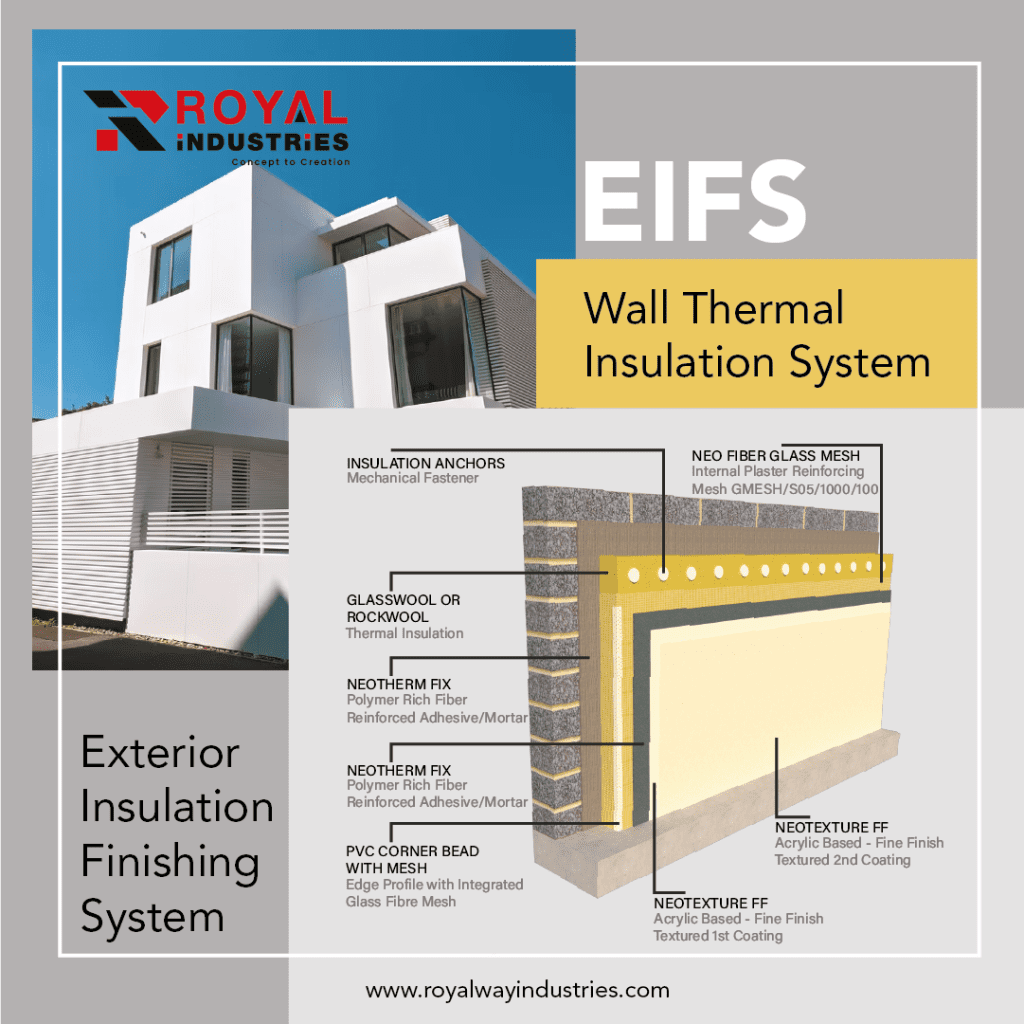
Frequently Asked Questions
What are the disadvantages of EIFS in the GCC climate?
EIFS can trap moisture between its layers, which may cause mold or damage if not installed correctly. In humid areas, this can be a concern. But with good installation and moisture protection, this problem can be avoided.
Is EIFS more expensive than other insulation systems in the GCC?
Yes, EIFS tends to be more expensive than traditional systems like stucco or simple insulation boards. The upfront cost of EIFS installation in the GCC is higher, but it can provide long-term energy savings.
How long can EIFS last?
EIFS can last up to 50 years or more if installed well and maintained properly. Using the right materials is key for long-term performance.
Does EIFS absorb water?
EIFS itself does not absorb water, but if it’s not properly installed or if there are cracks, water can get trapped behind the system. This trapped water can cause problems like mold or damage over time. It’s important to make sure the system is sealed well to prevent moisture from getting in.
Is EIFS waterproof?
Many people ask: Is EIFS waterproof? The EIFS system itself is highly resistant to moisture and helps prevent water penetration when installed correctly. While the exterior layers of the EIFS system are designed to repel rain and external weather conditions, the water resistance depends primarily on proper sealing, joint treatment, and surface finishing quality.
When correctly installed, the EIFS system offers excellent protection against humidity and rain, enhances façade durability, and supports long-term stability of wall thermal insulation performance, especially in regions such as Saudi Arabia that face strong sun exposure and seasonal humidity.
